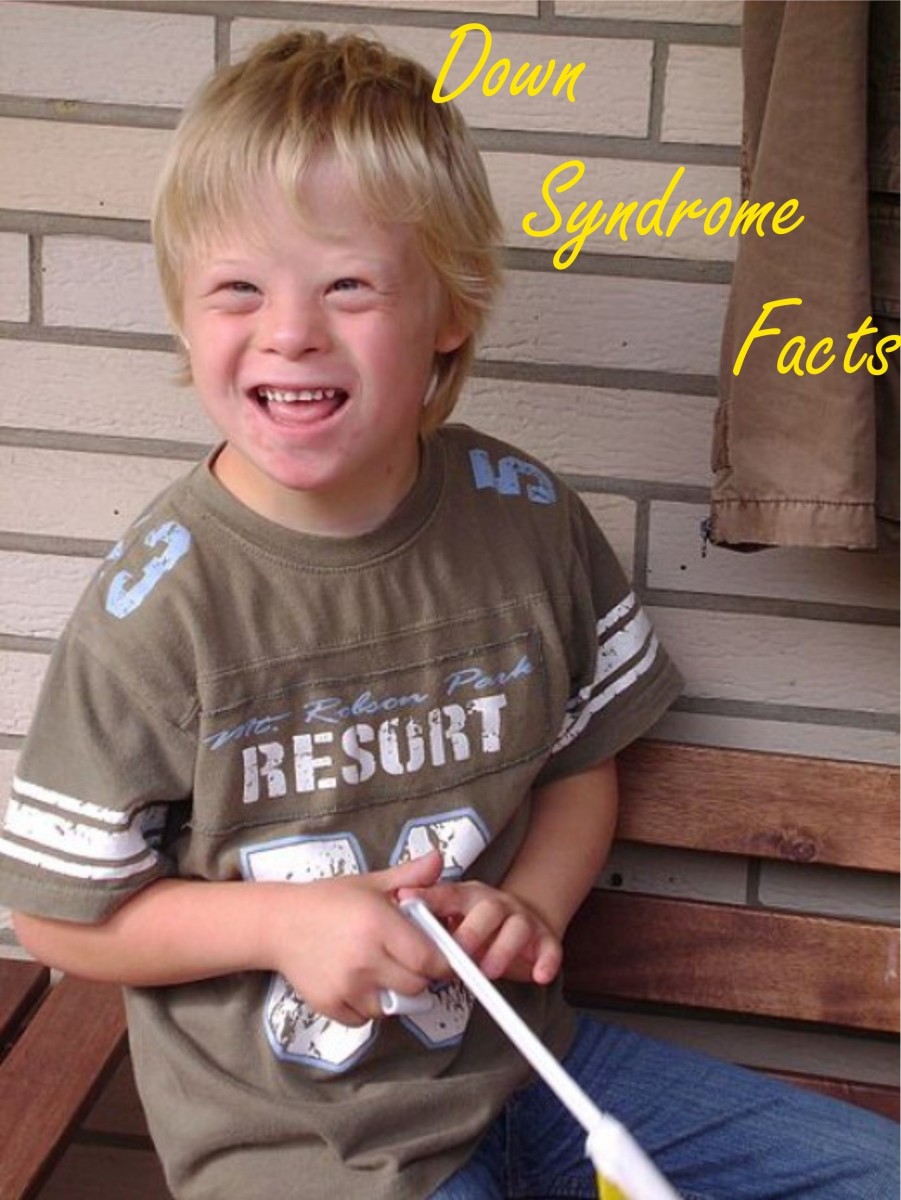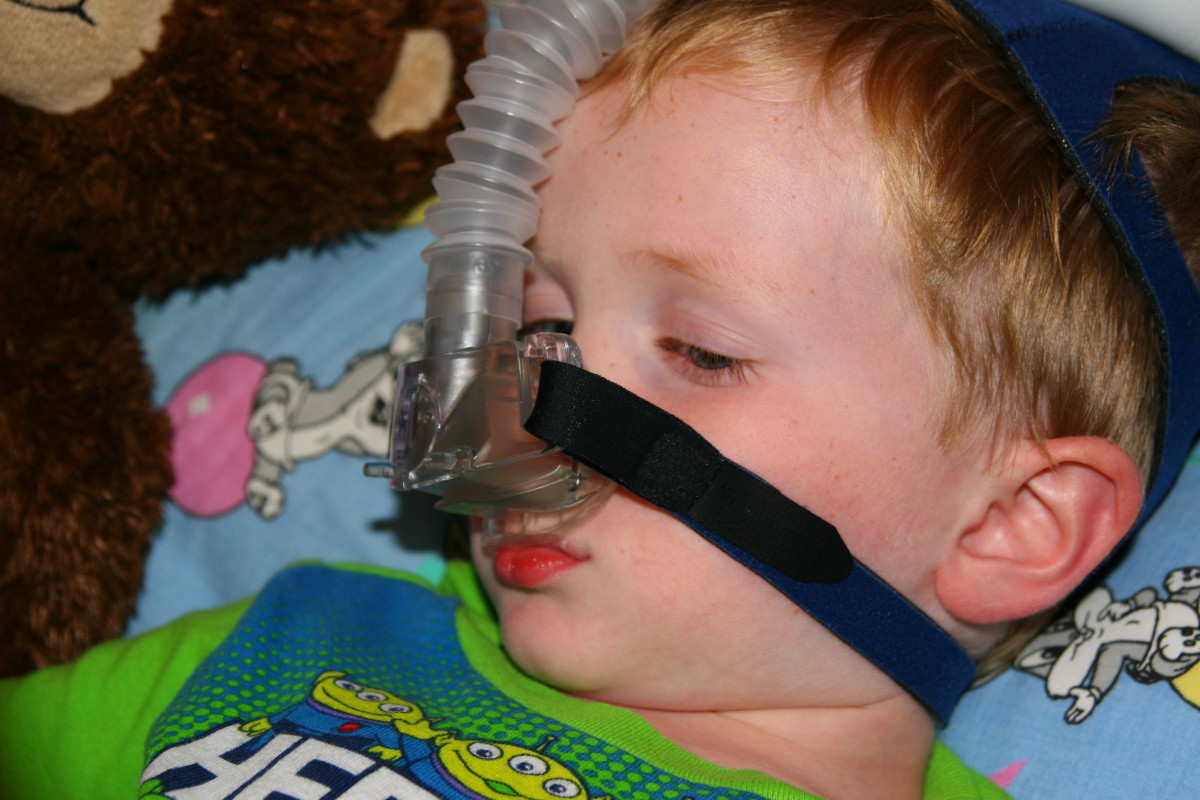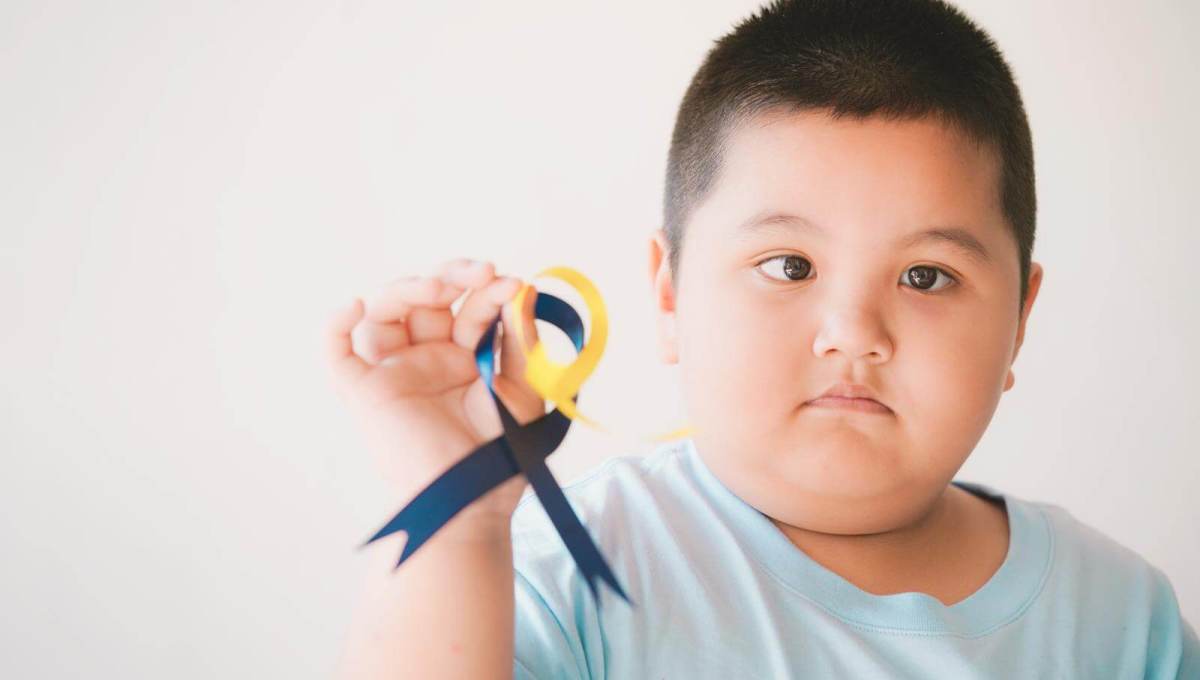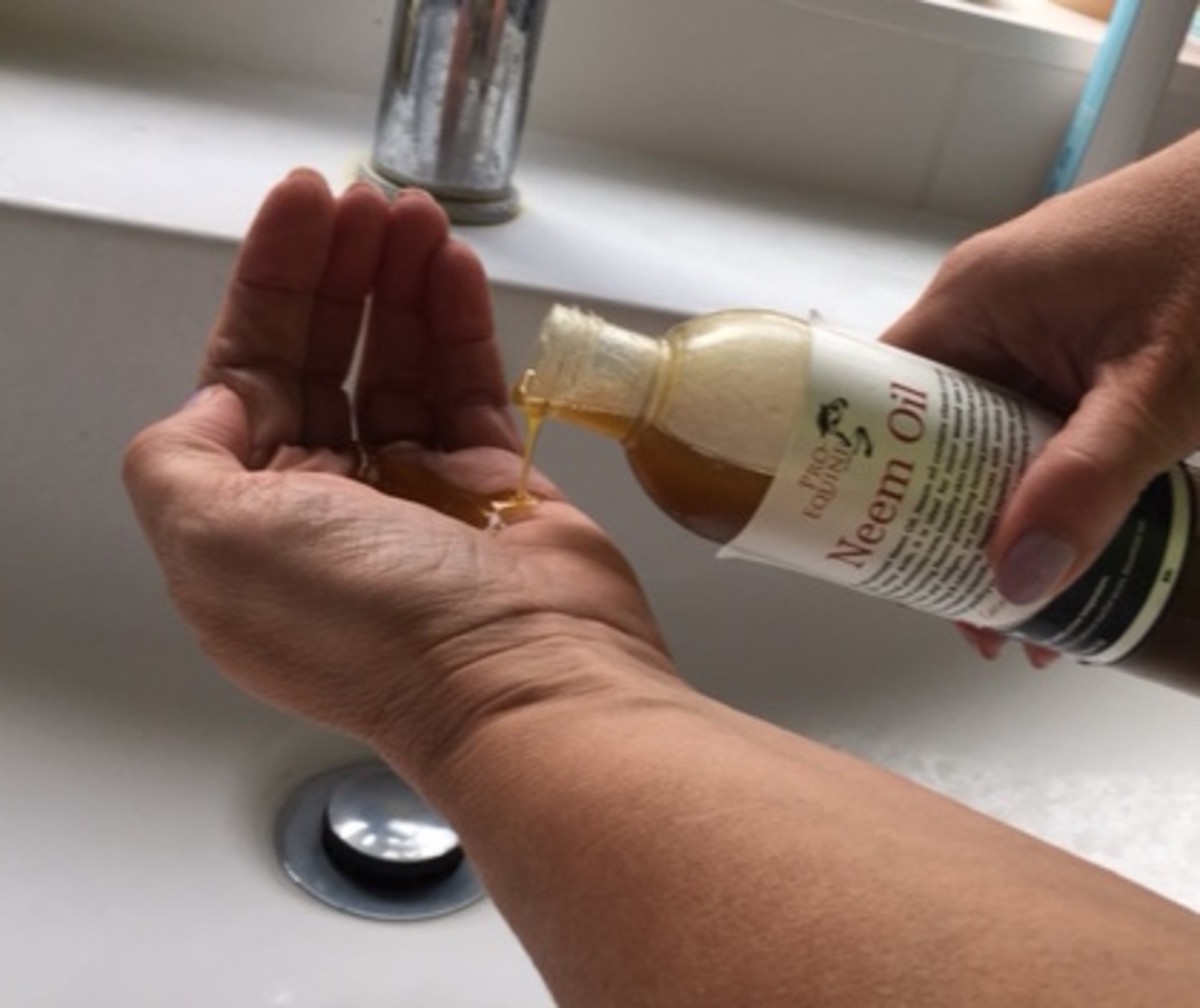Living with Down Syndrome

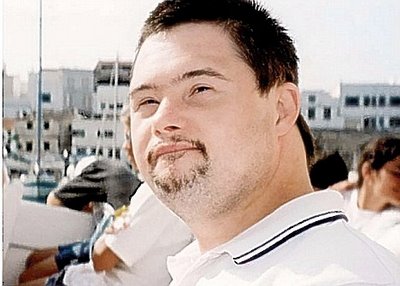
Living with Down syndrome
People with Down syndrome are just like you and me. They are human beings, warm, gentle funny men and women who have a predisposed medical condition that affects their emotional and mental development. 1 in 1200 people are born with this condition so it is not rare or unheard of at all. In fact it is the most common genetic diverse adaption of humans.
Today in America, it is claimed that almost 1 in 5 people suffer from some sort of emotional or mental health issues, so mental development should be the forefront of the medical research age.
If we look at the world’s population today, it is soon to hit seven billion (7,000,000,000). This means there are around 5,830,000 people who are living with the Down syndrome condition today. Don’t you think they deserve the time of day? Don’t you think you should find out what it’s really about?
There is a good chance you already know somebody who has this condition, if not I’m sure you will encounter somebody at some point during your life. Just remember, they are some of the nicest and warmest people you will ever meet, and they are people you should embrace, not fear.
What is Down syndrome?
Down syndrome is a genetic chromosome disorder caused by the presence of an EXTRA chromosome 21 in the egg, or the sperm cell. The Down syndrome condition is established at the time of conception. The Chromosome 21 has 225 Genes itself, and the genes are all different character markers. One gene you might inherit from you father says you will have black hair, maybe another from your mother says you will have blue eyes. Down syndrome can be caused from a range of genetic disorders, but the most popular (affects about 95% of Down syndrome people) is the Trisomy 21 condition. This means that after the extra chromosome 21 egg or extra chromosome 21 sperm cell fertilises the additional chromosome is passed onto the genes of the new embryo.
Down syndrome is a disorder that affects on a cellular level, and does not affect one group of people more than another. If you are Cuban, you are just as likely to have a child born with this condition, as somebody from an Asian or an African background. There is some debate saying that the older the mother at the time of conception, the more chance there is of bearing a child with Down syndrome.
Most people do not know their baby suffers from the condition until the child is born. There are medical tests you can take that will determine the “possibility” of your child suffering from the condition. These tests are not accurate, and should never be used as a decision for making any choices about the child’s future. They usually take place in the second or third trimester of pregnancy.
If you have somebody in your close family who already has the condition it is worth while taking a test. Also it is speculated that if the two parents of the child are closely related (First cousins, etc) there is a higher chance of the baby being born with the condition. The reasoning is that two related people will have very similar genetic codes, and when they combine to create a new life, if the same code appears from both parents it is more likely an additional chromosome is created into the cells.
Living with Down syndrome
There is a myth that people with Down syndrome will have a very short life. In terms of natural development and natural life span around 85% of people will live to at least the age of 50. Many people will go further and live into their 60s of 70s. Life for them is long and hard, just like for us. They need a good education to make sure they can take care of themselves to the best of their abilities for their lives. In some cases people with Down syndrome have been able to lead a completely normal independent life. In most cases they rely heavily from the support and care of their family.
There seems to be a sense of different degrees of this condition. All people with Down syndrome suffer from a degree of mental retardation. Two Down syndrome children might develop at very different rates, and show very different abilities through their life spans. One might struggle with the simplest of tasks, and other might only have slight behavioural issues. Every case is truly individual, and why wouldn’t it be? We all have our strengths and weaknesses.
A newborn child with Down syndrome is more susceptible to certain health issues during their lives. The following is a list of conditions that parents should be aware of:
· Heart Abnormalities
· Infections
· Underactive Thyroid
· Conductive Hearing Loss
· Visual Impairment
· Leukaemia during first 5 years
· Dementia during later live (over 40 years)
Children with Down syndrome
In young life babies will show a small delay with their communication developments. They will tend to use hand signals over verbal communications, therefore don’t be alarmed if babies with Down syndrome are slightly quieter than other babies. Teaching the babies and infants hand signals to communicate can be a great help until they develop the spoken language. Additional Speech and Language classes would be very beneficial to help the child’s development. There seems to be a less active short term memory in younger Down’s Children as well.
Motor skills will be diminished in comparison to other children, but practice and patience will help. Most Down’s children who have people in their lives to nurture their development will be able to complete any given task. They just might need a little bit more time to develop their skill’s set.
The development takes place in the same way other children do. Learning basic skills from loving families will set them on their way. Development at school should be a lot closer to other students. They will need extra time and care, but there is no reason they can’t comprehend literacy and numeracy. Their brain is no different from yours. In fact people often say language skills are actually a strength for Down’s children.
Social development is the biggest issue, and down’s children can be seen to be “difficult”. The truth is they just don’t understand how to fully express themselves with words or actions.
Childhood can be a very troubling time for children with Down’s syndrome. All they want is to live a normal life. This means going to school, having friends, going swimming and playing other activities. In some cases a lot of their extra development work can be done at home and they can attend a normal school. Sometimes they will need extra development help and need to go into a special school.
Many cultures around the world shun children with Down Syndrome and as a result they become very distant from mainstream society. Going to a normal school can be a great help, and teach the child how to integrate into mainstream society very easily. This will help them later in life. The downside of going to a mainstream school is the way the child might get treated. Most adults will see how special the child is and give them additional time and care and make them feel loved. Many schools will do all they can to explain the Down’s syndrome condition to other children to help integrate the child; but there is always the risk of bullying. If you are a parent of a Down’s child, just choose the school extremely carefully. Try to find a school that have had students with the Down’s condition in the past. If you are the parent of a child who goes to school with a student who suffers from Down’s syndrome, please do all you can as a parent to help your child understand what Down syndrome is.
Some key characteristics that are widely accepted about people with Down syndrome are the following:
· Distinctive Facial Features. Including small upturned eyes, a small flat nose, small mouth, large tongue, and small ears. They tend to have rounder faces with flatter profiles.
· Hands usually have a single crease, not two along their palms. Their fingers are short and slightly stubby. Their fifth finger curves inward.
· Their feet are usually petite, and they have a larger space between their toes.
· A higher risk of certain medical conditions. (Listed earlier in this article.)
· Weak or Low muscle tone. (Hypotonia). This can make it difficult to do simple movements, such as rolling, sitting up and standing.
· Vision and Hearing Problems.
· A degree of Mental Retardation. This varies case to case and will determine how independent or dependent the individual can be.
Some key personality characteristics that are widely accepted about people with Down syndrome are the following:
· Very friendly.
· Very easy to please.
· Very easy to upset.
· Very warm hearted and trusting.
· Will always try harder and provide more effort than other children.
Friends and family can be the biggest boost to a child with Down syndrome. Helping them see how much they are loved will help them develop will help them become stronger and more independent people.
Adults with Down syndrome
Many adults with Down syndrome grow up to live a very normal life. Today there are several hundred thousands of people who have Down syndrome who are living on their own. They have their own apartments or houses. They maintain full time jobs, and have their own families. There is no limitation on what they can achieve.
I hope this article has given you a little more insight into people who have Down syndrome.





